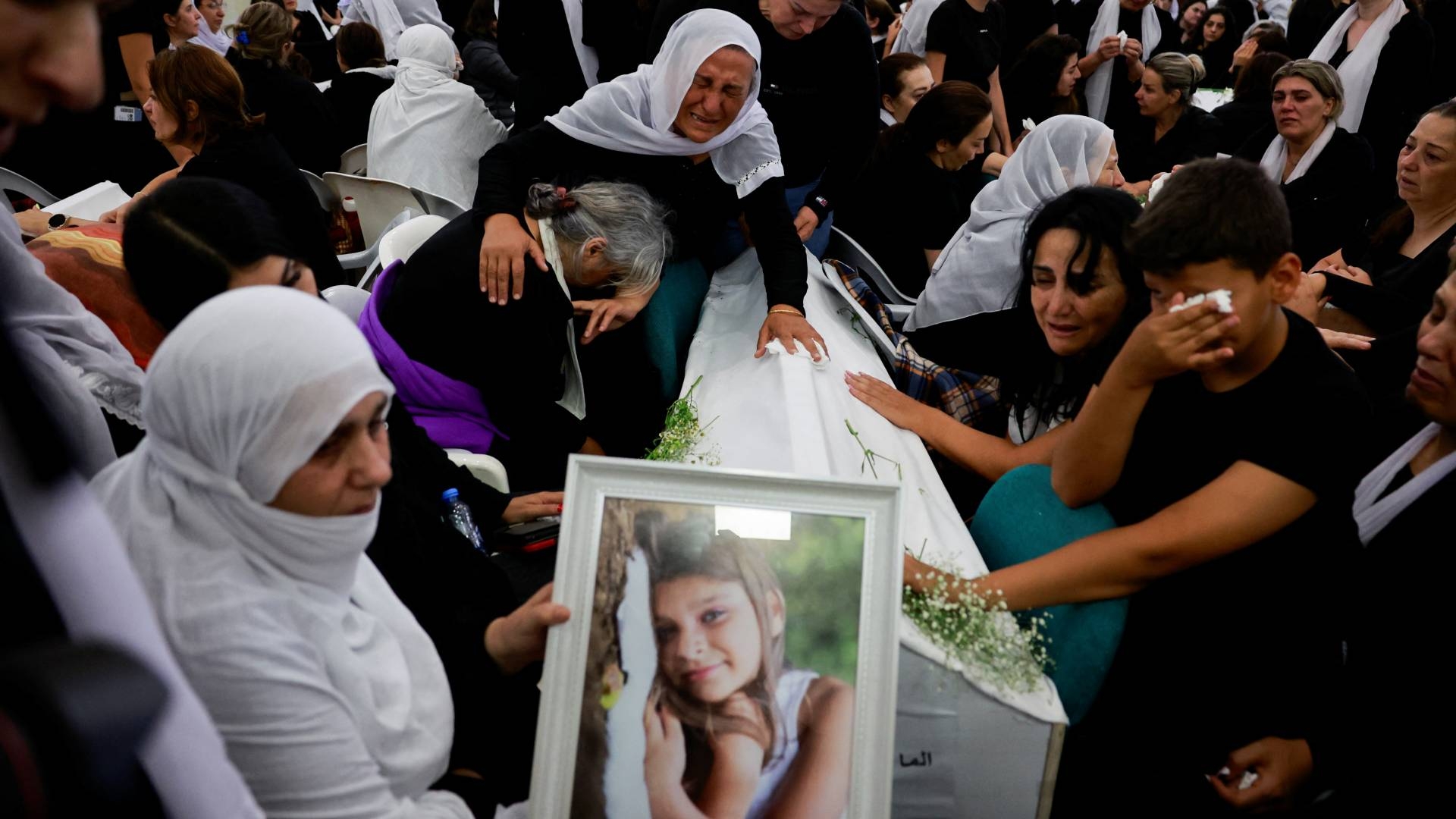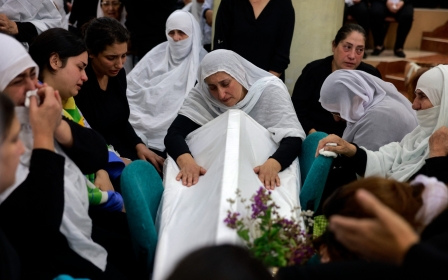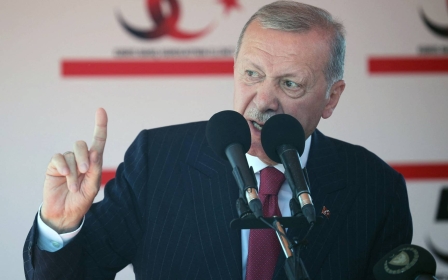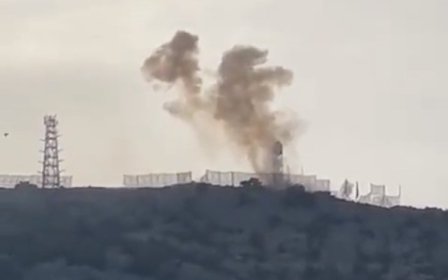Golan Heights attack: The claims and counterclaims on Majdal Shams strike

On Saturday, an explosive slammed into a football pitch in the Golan Heights' Majdal Shams, killing 12 children.
The apparent attack ratcheted up tensions between Israel, which occupies the Golan, and Lebanon's Hezbollah, which began clashing with the Israeli military along the Lebanese border in October in solidarity with Hamas and the Palestinians under attack in Gaza.
Though the slain children were not Israeli citizens - Druze that live in the occupied Syrian territory tend not to take Israeli citizenship - Israel has blamed Hezbollah and insisted that it will retaliate in Lebanon.
Hezbollah denies it was responsible, saying the children were killed instead by a misfired Israeli Iron Dome air-defence missile.
Middle East Eye breaks down the claims and counter-claims on the incident in Majdal Shams.
New MEE newsletter: Jerusalem Dispatch
Sign up to get the latest insights and analysis on Israel-Palestine, alongside Turkey Unpacked and other MEE newsletters
Israel's claims
Israel has brought forward what it says is evidence to prove that an Iranian-made rocket struck the children. Iran is a key backer of Hezbollah, which is the most powerful non-state military power in the world.
On Sunday, the Israeli army posted pictures that show shrapnel, which it said were found at the scene of the attack and matched an Iranian-made Falaq-1 rocket.
However, none of the images appear to have been taken of the alleged rocket shrapnel in situ at the blast site.
The Israeli army also published a map showing what it said was path of the rocket, claiming it was launched from southeast Lebanon's Shebaa Farms area.
Yet, these claims were refuted by an anonymous Israeli paramedic, who told al-Araby TV that witnesses told him the shrapnel belonged to an Israeli Iron Dome missile.
The paramedic, who was reportedly wearing a Star of David shirt, said he would be “imprisoned” if he documented his testimony on air. Middle East Eye was not able to independently verify the claims.
Other witnesses who spoke to al-Araby on condition of anonymity said they saw the rocket flying from Mount Hermon on the Lebanon-Syrian border falling towards the football field.
Al-Mayadeen, a Lebanese media outlet with close ties to Hezbollah, published an article saying the blast site in Majdal Shams was not consistent with the kind expected after the impact of a Falaq-1 rocket, which it said would have made a larger crater.
Hezbollah had earlier on Saturday claimed responsibility for four other attacks before Majdal Shams was struck.
'Could be a mistake'
Lebanese Foreign Minister Abdallah Bouhabib was quoted as telling the BBC that he doesn’t think Hezbollah carried out the attack.
“I don’t think Hezbollah would do it… it could be a mistake by the Israelis or by Hezbollah - I don’t know,” he said.
Bouhabib noted that that the movement usually targets military positions, not civilians.
"We are talking with Hezbollah because the victims are Druze and the Druze community here [in Lebanon] cares about them a lot. We are asking Hezbollah not to retaliate at this present time,” Bouhabib told the BBC.
In the aftermath of the Majdal Shams strike, Israeli army spokesperson Daniel Hagari incorrectly identified the victims as Israeli citizens, and was heard being corrected by a journalist present at the briefing.
Majdal Shams is a village located the southern Golan, where about 25,000 Arabic-speaking Druze live. The majority are Syrian members of the Druze community.
The town has been under Israeli occupation since 1967.
Netanyahu met with protest
Israeli Prime Minister Benjamin Netanyahu tried to arrange a meeting for him with the victims' families, who refused, Haaretz reported.
As Netanyahu visited the site on Monday, a protest was organised where demonstrators were seen carrying signs that read: “Down to the killers of the children… a war criminal”, in reference to the war on Gaza.
A video on Sunday showed Syrian Druze from Majdal Shams preventing Israeli ministers from attending the funeral of the children who were killed in the attack. One person shouted: “Get out of here, you criminal, we don’t want you in the Golan.”
Netanyahu has pledged a response to the attack and said the Hezbollah will "pay a heavy price".
Middle East Eye delivers independent and unrivalled coverage and analysis of the Middle East, North Africa and beyond. To learn more about republishing this content and the associated fees, please fill out this form. More about MEE can be found here.




